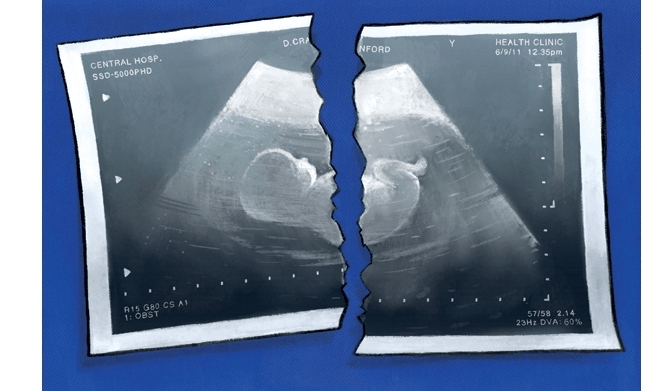Late last year, Heidi Crowter, a 27-year-old woman with Down syndrome, lost her court of appeal challenge over late-term abortions on grounds of serious foetal abnormalities. Abnormalities such as hers, that is.
The law in England, Wales and Scotland makes an exception to the 24-week time limit for abortion, permitting abortion all the way up to birth if there is ‘a substantial risk that if the child were born it would suffer from such physical or mental abnormalities as to be seriously handicapped’. That includes unborn children who have Down syndrome.
This rule, Heidi argued, ‘tells me that I am not valued and of much less value than a person without Down syndrome’. She’s right. Current legislation stigmatises those living with Down syndrome by sending out a message their lives are not worth living and less valuable than the lives of the able-bodied.
The judges at the court of appeal disagreed. The perception so hurtful to Heidi – one rule for her, another for her able-bodied peer – did not, the judges found, by itself contravene article eight rights (to private and family life, enshrined in the European Convention on Human Rights).
Current legislation stigmatises those living with Down syndrome by sending out a message their lives are not worth living
Heidi is not finished.

Get Britain's best politics newsletters
Register to get The Spectator's insight and opinion straight to your inbox. You can then read two free articles each week.
Already a subscriber? Log in






Comments
Join the debate for just £1 a month
Be part of the conversation with other Spectator readers by getting your first three months for £3.
UNLOCK ACCESS Just £1 a monthAlready a subscriber? Log in